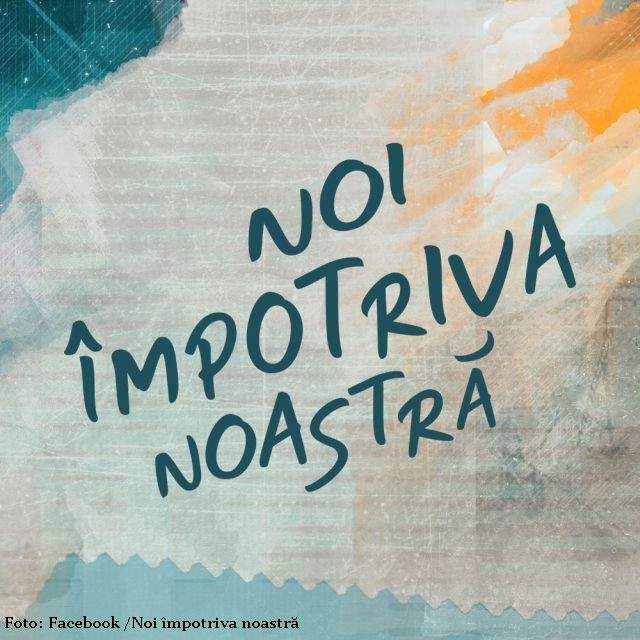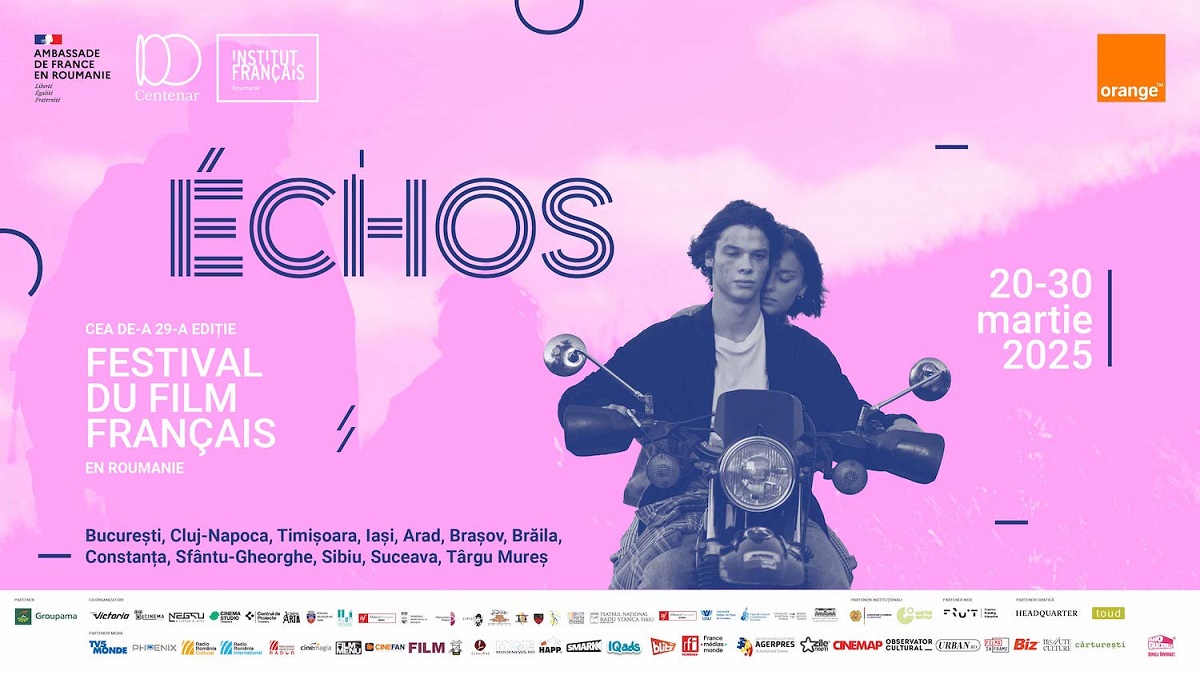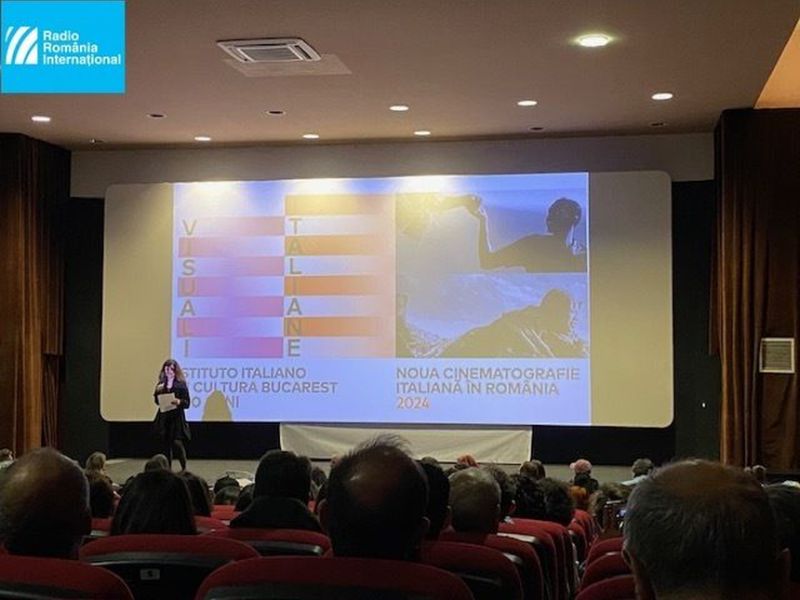“Us against Us”, winner of best film award at Astra Film Festival’s Romania section
A talk with director Andra Tarara about her award-winning film, which explores mental health and father-daughter relationship.

Corina Sabău, 16.10.2021, 14:00
Us against Us directed by Andra Tarara won the best film award in
the Romania section of the 28th edition of Astra Film Festival, held
at the beginning of September. The jury praised the film for its touching and
honest exploration of the relationship between the director and her father and
the authentic dialogue about the illness that affected both of their lives. The
jury also noted the collaboration between two film makers belonging to
different generations and how they both found a common language through cinema.
The film, which is Andra Tarara’s debut feature film,
is made up of a series of dialogues about the relationship between father and daughter,
both of whom share the same mental health problem, as well as passion for
cinema. Their dialogue touches on subjects such as the inability to
communicate, education, personal development and mental health. The protagonists
tell their own stories, in fact their views on the same events, both through words
and with the help of the camera.
Us against Us was first screened last year at the International Documentary
Film Festival in Jihlava, in the Czech Republic, and was also shown in
Bucharest last autumn at a local retrospective of the 2020 Cannes Film Festival.
This summer, it was shown at various other festivals, including the Moldova
Film Festival and the DOKer Moscow International Documentary Film Festival,
Ciao Cinema! Festival in Timișoara and the Romanian section of the Transylvania
Film Festival in Cluj Napoca.
The idea for the film was born while Andra Tarara was doing
research for a previous production called Death in My Family, and during
which she found a number of video tapes containing footage shot by her dad, Ion
Tarara. She explains:
That’s how I came across this idea, by rummaging through
the family archive. Finding these VHS tapes, I realised that what my dad did
was to create a record of our family life. There’s a lot of footage of me and
the main topic that transpires from these tapes is our relationship. I thought
it would be interesting to explore this further and how expressing himself
through cinema is important for my dad and how I inherited this passion from
him. The film began as an exercise in connecting with each other and exploring
our relationship through film. The story is getting more complex because dad used
to be very passionate about cinema and had the opportunity to work in cinema
but was unfortunately unable to continue working because he lacked the
resources and his parents didn’t agree with it. I, on the other hand, had total
support, as a form of compensation perhaps, on the part of my dad for his inability
to pursue his own passion. So, the stories that went into this film already
existed in my family and dad was willing to talk about them.
In her documentary Us against Us, Andra Tarara
says she also wanted to give a voice to people with mental health issues who
are stigmatised by society because of that and to discuss an illness that is not
very often spoken about. Andra Tarara:
The illness is very present in the film because of my
dad. He really wanted to tell his story and, in a way, for him this film is about
making his story heard so as to help others who are going through the same
thing. The film was born in the end out of this negotiation, I had my agenda,
my intention to make a certain kind of film, and he wanted to tell his story. I
told him how I saw the film, but he prepared well before the shooting started,
made plans, thought about what he was going to say. So, although I was the
author, I sometimes felt that things were getting out of my control and that at
times my reactions in the film were a bit aggressive. This is how Us against
Us was born, out of the tension between these two perspectives, mine and
his, between these two agendas, and the way in which each of us experienced, individually
and together, the same situation and how we summed it up into words. My dad
speaks a lot about the stigma he felt, how people stigmatise those who are sick
and because they don’t know other people in that situation.
By telling an intimate story, the documentary Us
against Us in fact starts a much-needed conversation about mental health,
about problems we often don’t recognise or identify on time, about how we can
relate with our loved ones who are diagnosed with mental health issues and
about the existence or lack of support networks. We would like to help those
who see the film approach such subjects easier, both through the personal
experience of Andra and her father and with the support of a team of psychologists
and psychiatrists who joined us in the distribution stage of the film, said producer
Anda Ionescu from Tangaj Production.





























